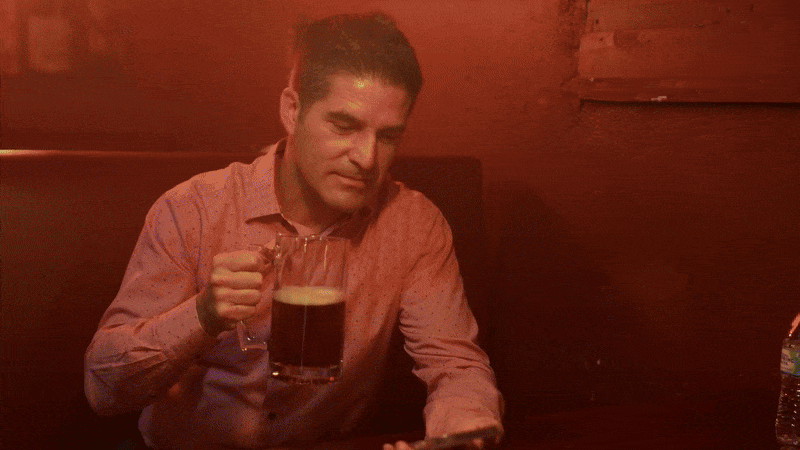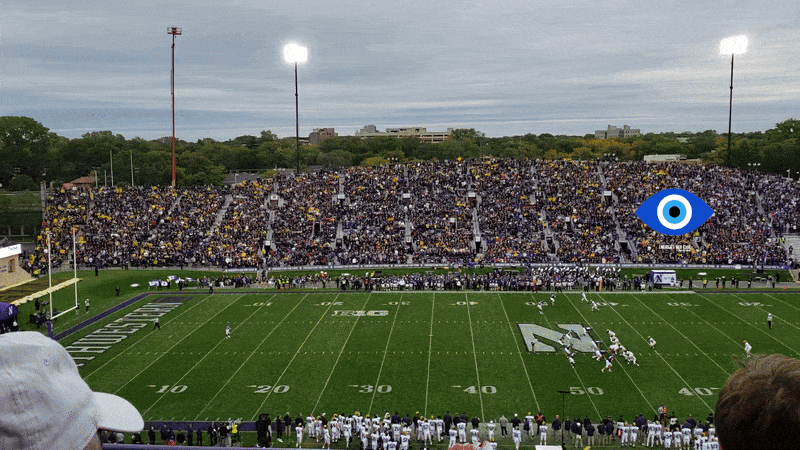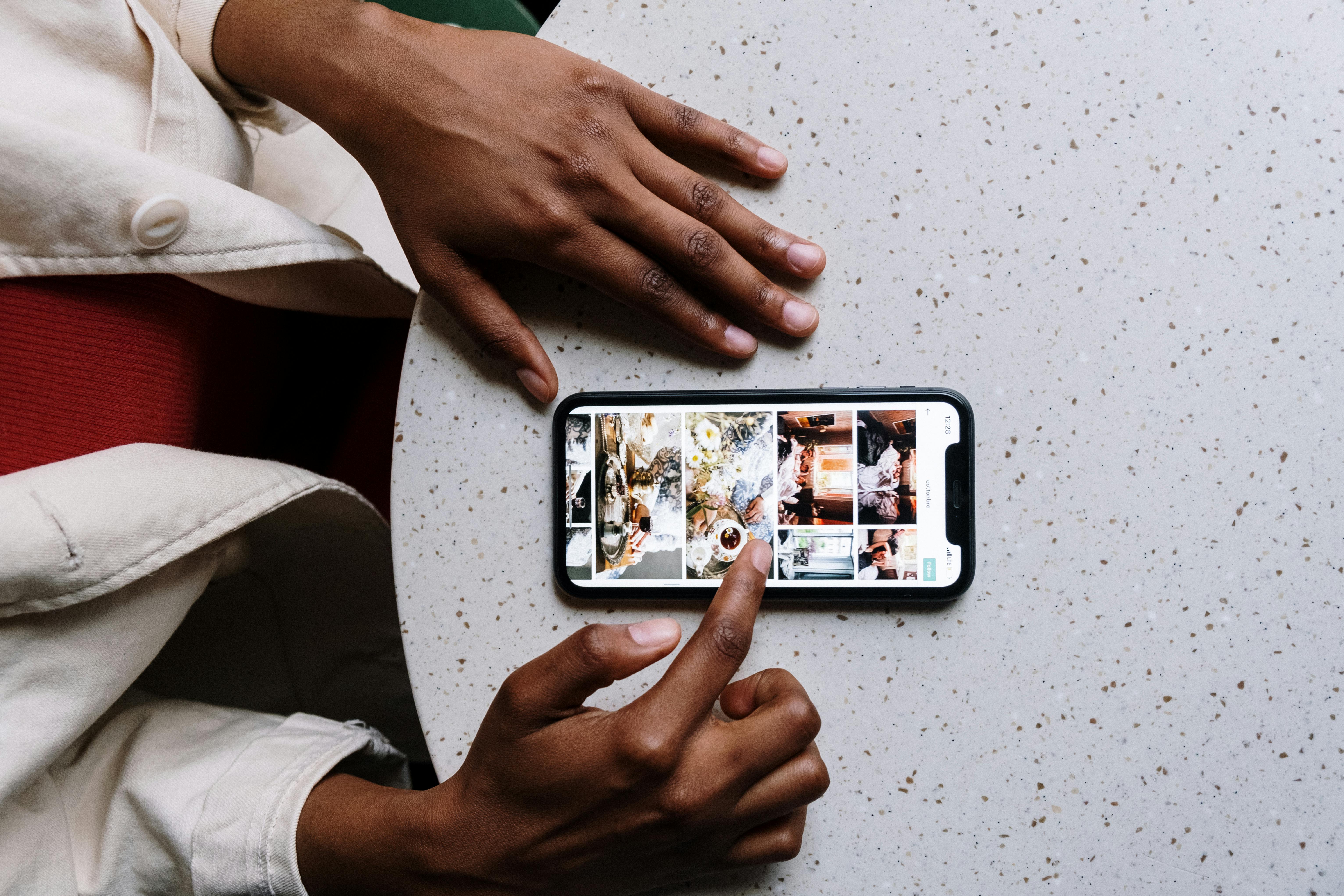Why Therapy Is Not Therapeutic for Everyone: Challenging the Fix-All Narrative
Therapy is often seen as the ultimate path to self-discovery and healing, a structured space to offload life’s burdens. But this narrative doesn’t resonate with everyone. For some, therapy feels uncomfortable, ineffective, or even intrusive, leaving them resentful of the societal pressure to view it as the only path to feeling better.
At its core, therapy is simply one person talking to another about deeply personal and subjective matters. While it aims to make clients feel heard, this need can often be met outside of a professional setting. A good listener—a friend, family member, or trusted confidant—can provide this support naturally and without cost. This connection doesn’t carry the formalities or barriers that therapy often entails.
The Misuse of Therapy as a Universal Solution
Therapy is frequently recommended as the go-to solution for emotional struggles, implying that it’s universally effective and accessible, which isn’t true. The expectation to reveal one’s inner world to a stranger can be daunting, and not everyone finds comfort in the structured nature of therapy. If there’s no connection with the therapist, the process feels hollow, and therapy becomes another task rather than a source of relief.
Genuine Connection Matters More Than Professional Titles
Sharing personal struggles requires a unique vulnerability that not everyone wants to expose in a therapeutic setting. Unlike the fictional portrayals where therapy seems transformative, real-life therapy doesn’t always create that safe, resonant space. It’s not that people dislike therapy as a concept—they often just don’t connect with their therapist, which makes the process feel forced and unnatural.
A good friend or compassionate listener who genuinely cares offers a level of personalized empathy that therapy often can’t replicate. They don’t just listen—they connect, understand, and validate in ways that feel authentic, often without the formalities of a clinical environment.
Embracing Alternatives Beyond Therapy
Therapy can be life-changing, but it’s not the only way to feel understood. People don’t have to feel pressured into therapy to care for their emotional health; they need support that resonates with them. A heartfelt conversation with someone who truly knows them can be just as, if not more, effective.
In the end, it’s about finding connection in the right places, not just the expected ones. Sometimes, the best listener is the one who already knows you—no appointments, no fees, just genuine understanding.
What's Your Reaction?






























_at_Hillsboro_Road_(Virginia_State_Route_690)_in_Hillsboro%2C_Loudoun_County%2C_Virginia.jpg/240px-thumbnail.jpg)












![Round One of 'Did You Know He Was...Whoite [sic]'](https://news.awc.ac/uploads/images/202409/image_430x256_66eb6319e5d76.jpg)
















